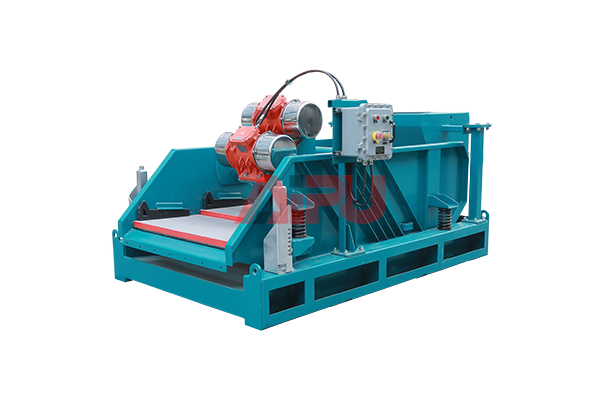Understanding the Core Principles of Solids Control Equipment
Solids control equipment plays a vital role in drilling operations, ensuring efficient separation of drilling fluids from unwanted solids. The principle behind these systems revolves around mechanical separation techniques that maintain fluid properties while removing cuttings and other contaminants.
The primary components of a solids control system include shale shakers, desanders, desilters, and centrifuges. Each component operates on distinct physical principles to achieve progressive purification of drilling fluids.
Shale shakers serve as the first line of defense, using vibrating screens to separate larger particles. The vibration creates a stratification effect where heavier solids move differently than the liquid phase, allowing for effective separation through properly sized mesh screens.
Hydrocyclones (desanders and desilters) utilize centrifugal force to separate finer particles. As the fluid enters the conical chamber, rapid rotation forces denser solids outward against the walls, while cleaner fluid exits through the top. The cut point - the particle size where separation occurs with 50% efficiency - varies based on cyclone diameter and operating pressure.
Decanter centrifuges provide the finest level of separation, employing extremely high rotational speeds (typically 2,000-4,000 RPM) to separate colloidal particles. The differential speed between the bowl and conveyor determines the retention time and separation efficiency.

Proper equipment selection depends on multiple factors including drilling conditions, fluid properties, and desired cut points. Modern systems often integrate multiple technologies in series to achieve optimal results. The sequence typically progresses from coarse to fine separation, with each stage removing particles of decreasing size.
Maintenance plays a crucial role in equipment performance. Regular inspection of screen condition, proper tensioning, and monitoring of wear parts ensures consistent separation efficiency. Many operational issues stem from improper maintenance rather than equipment design flaws.
If your project requires solids control equipment, choose Aipu Solids Control - we believe it will be your best choice.
